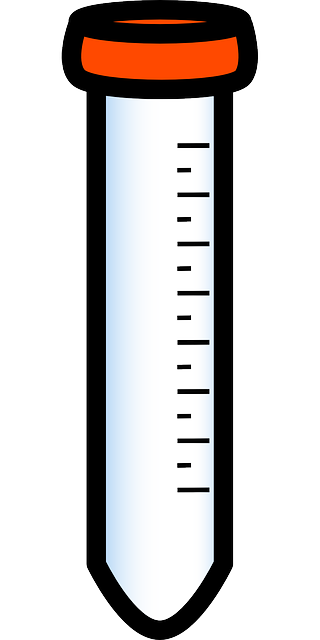Modern technologies, such as automated systems and portable point-of-care devices, are revolutionizing Blood testing services by dramatically reducing turnaround times. These innovations enable healthcare providers to make immediate decisions, enhancing efficiency and treatment in real-time settings, especially in emergencies or remote areas with limited laboratory access. Secure cloud storage further improves patient care through easy accessibility and sharing of test results.
“Revolutionize your approach to blood testing with efficient, modern solutions. In today’s fast-paced healthcare landscape, quick and reliable analysis is paramount. This article explores how innovative technologies, such as point-of-care testing devices and automated analyzers, streamline processes while ensuring accuracy. Discover the benefits for patients and providers alike, from reduced wait times to enhanced reliability. We also delve into critical quality control measures, trained personnel, and standardized protocols that maintain high accuracy rates in Blood testing services.”
- Streamlining Blood Testing: Modern Technologies and Innovations
- – Overview of traditional blood testing methods
Streamlining Blood Testing: Modern Technologies and Innovations
Modern technologies and innovations are revolutionizing blood testing services, making them faster, more accurate, and reliable than ever before. Advanced automation and digital systems have streamlined the process from sample collection to analysis, reducing turnaround times significantly. These innovations include automated testing devices that can perform a range of tests simultaneously, minimizing human error and maximizing efficiency.
Additionally, point-of-care (POC) testing technologies are gaining popularity due to their portability and convenience. POC systems allow for immediate results, enabling quick decision-making and treatment in real-time settings. This is particularly beneficial in emergency situations or remote areas where access to traditional laboratory facilities is limited. Furthermore, advancements in data management and secure cloud storage ensure that test results can be easily accessible and shared among healthcare providers, improving patient care and continuity.
– Overview of traditional blood testing methods
Traditional blood testing methods have long been the cornerstone of medical diagnosis and research. These processes typically involve drawing a sample of blood from a patient, usually through a needle inserted into a vein, and then sending it to a laboratory for analysis. This approach has served healthcare well for decades, offering reliable results that help diagnose conditions, monitor treatment progress, and guide therapeutic decisions. However, conventional methods often come with delays due to the time required for sample processing in busy laboratories.
Modern advancements have led to an evolution in blood testing services, with a growing focus on speed and efficiency without compromising accuracy. These new techniques enable quicker turnaround times, allowing healthcare providers to make informed decisions promptly. Innovations such as point-of-care testing devices and automated laboratory systems are transforming how blood samples are handled, analyzed, and interpreted, ultimately enhancing patient care and outcomes.
Modern blood testing services leverage innovative technologies to streamline processes, ensuring quick and reliable analysis. By adopting advanced methods, these services not only enhance efficiency but also improve patient comfort and overall healthcare outcomes. Efficient blood testing is a testament to the evolving medical landscape, where technology revolutionizes traditional practices, offering faster, more accurate results.
